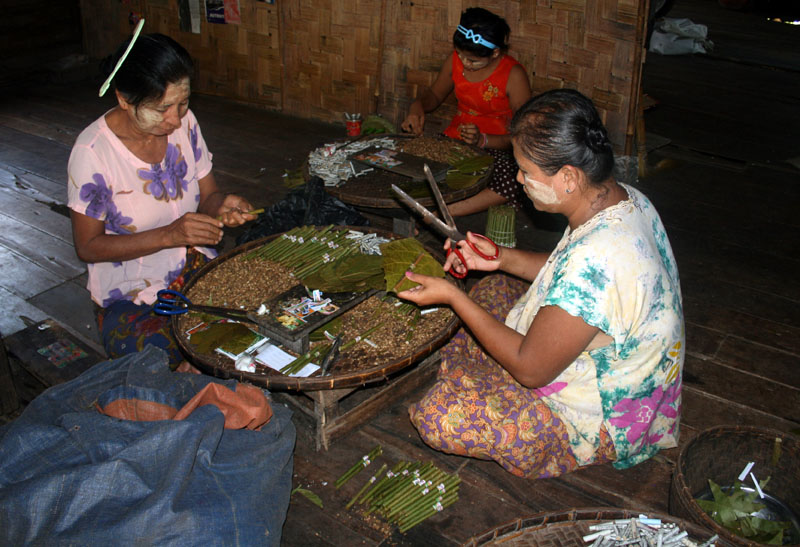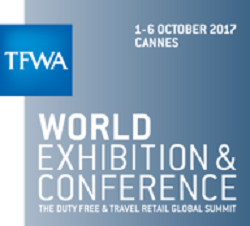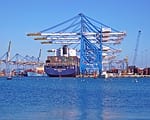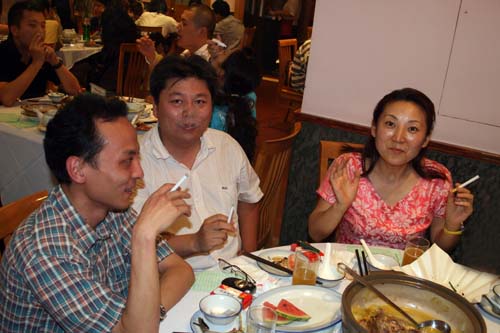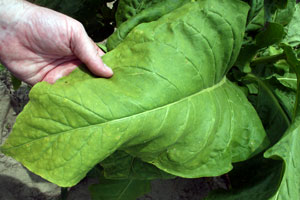The Brazilian Institute of Competitive Ethics and the City of São Paulo have launched a movement to combat smuggling and the sale of counterfeit products, according to a note posted on the US Center for Regulatory Effectiveness’ (CRE) website.
The goal is to attract to the movement Brazil’s largest cities, where such illegal trade is strong.
The CRE story said that, in Brazil, the illegal market ‘generates a loss of R$49 billion (US$16 billion) in tax revenue each year, according to a survey by the National Fund Against Piracy and Illegality’.
The movement’s plan, prepared in partnership with business entities, is said to provide for integrated action by federal, state and municipal bodies, and the creation of a committee charged with outlining actions to combat the illegal activities.
Sixteen areas of the economy highly affected by smuggling and counterfeiting have already been identified.
One, of course, is the cigarette industry. “In addition to currency evasion, this problem increases unemployment,” Liel Miranda, president of Souza Cruz, was quoted as saying.
Smuggled cigarettes are said to account for 41 percent of the tobacco market in Brazil, which has the second largest smuggled sector after Malaysia, with 51 percent.


